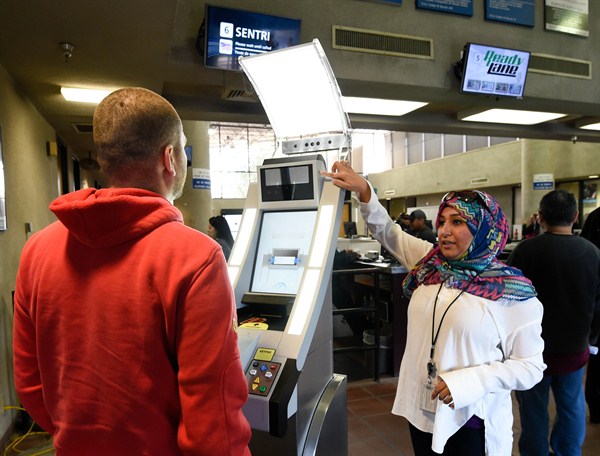Since November, the U.S. government, with a big assist from Congress, has been narrowing the eligibility for citizens of 38 countries to enter the U.S. without visas. The constant adjustments to the rules say a lot about the U.S. government’s preoccupation with terrorism over other policy interests, its inability to anticipate secondary effects of new policies, and America’s deep ambivalence about dual citizenship.
In a rare instance of executive and congressional cooperation, both branches of the U.S. government have been working to prevent any misuse of the established visa-waiver program by terrorists. Congress created the program nearly 30 years ago, with the first beneficiaries being the United Kingdom and Japan. Today, citizens of 38 countries are eligible to enter the U.S. for up to 90 days without a visa, accounting for over 20 million visitors each year.
Immediately after the Paris attacks in November 2015, the executive branch announced restrictions on the program, focused first on individuals from visa-waiver countries who had traveled in the past five years to other countries considered to harbor the greatest terrorist threat, or where there was other information to suggest a law enforcement concern. In hindsight, this careful forensic approach was more compatible with other interests, but lacked the drama and high-impact gesture that the mood of the moment demanded.

